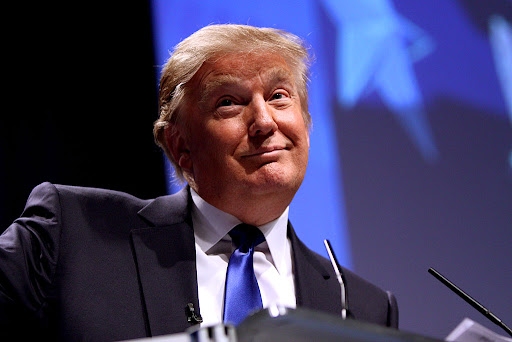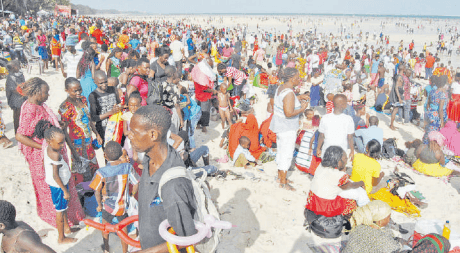Africa at the moment is not in a mood to mess with the West.
I believe the level at which we are woke now, there is a lot to see.
Apologies are being issued left right and centre, we are witnessing the repatriation of cultural artefacts to their countries of origin and genuinely Africa is taking back its place.
At the moment I believe African countries have an upper hand when it comes to matters of multilateral talks and relationships.
If you have been online off late, I am pretty sure you might have across the video where demonstrators in South Africa confronted King Willem-Alexander of the Netherlands and his wife Queen Maxima.
The duo had visited the Slave Lodge, a CapeTown slavery museum as part of their state visit.
A few months ago the King apologised for his country’s colonial past and he may have thought he would be well received during his trip.
To this day African countries like South Africa are still scarred by their history and the pain is still felt up till this day.
In light of repatriating our artefacts, the National Museums of Kenya recently unveiled the final module of this year’s, “The Museum Lab.”
Themed 'Museums of the Future: Embracing Diversity and Sustainability in Nairobi', the two-week module aimed at offering a platform for professional exchanges between local and visiting curators, researchers, and executives.
I had the chance to be part of a CoLab Coworking session where the curators were in groups and were working and creating on topics that ranged from bridging digitisation gaps to democratising and decolonising museum practices.
The teams were grouped into vibandas where they exchanged ideas and shared projects they have indulged in to make museums more inclusive.
I had quite an interaction with some of the curators at a banda I visited and one lady really caught my attention.
She spoke of how they had the chance to visit the Karen Blixen Museum and according to her, it was a moment of reflection.
“People just visit the museum because they have seen it in the movie, Out of Africa but nobody is really talking about the history,” she said.
"I have collaborated with my fellow colleagues from across the region as well as exchanged ideas and there is a lot of information that is missing. African museums remain incomplete. "
As a museum curator, she said a lot of her work involves working with communities to return what was taken to countries in the West during the colonial era.
Reclaiming what is rightfully ours is going to take a long time but in any case, it is worth the fight.
We want what was looted from our countries to be brought back to us.
The African art is priceless and frankly speaking will be carried on to generations to come as they will serve as a reminder of our history and what our ancestors had to go through to get to where we are.
Why should our cultural products be stored overseas? For us to see and resonate with it, we have to travel thousands of miles away from home.
This would only mean that a section of well-off Africans would be the ones who get the chance to see art that was produced by our ancestors.
The process might be taking too long but it is high time what belongs to us is returned to us.
We are more than capable of being custodians of what is ours.
Of course we are justified to be still feeling a certain type of way towards the West but we still have a long way to go.

















